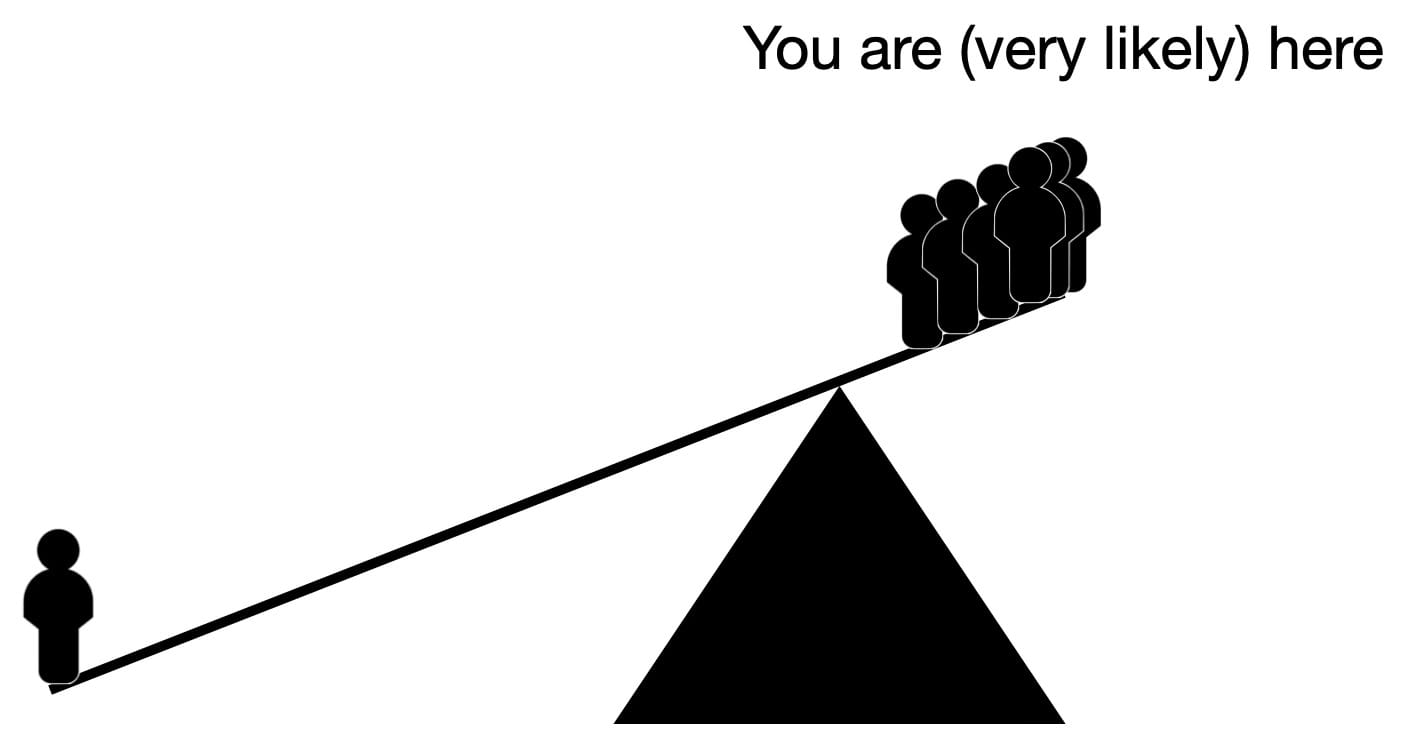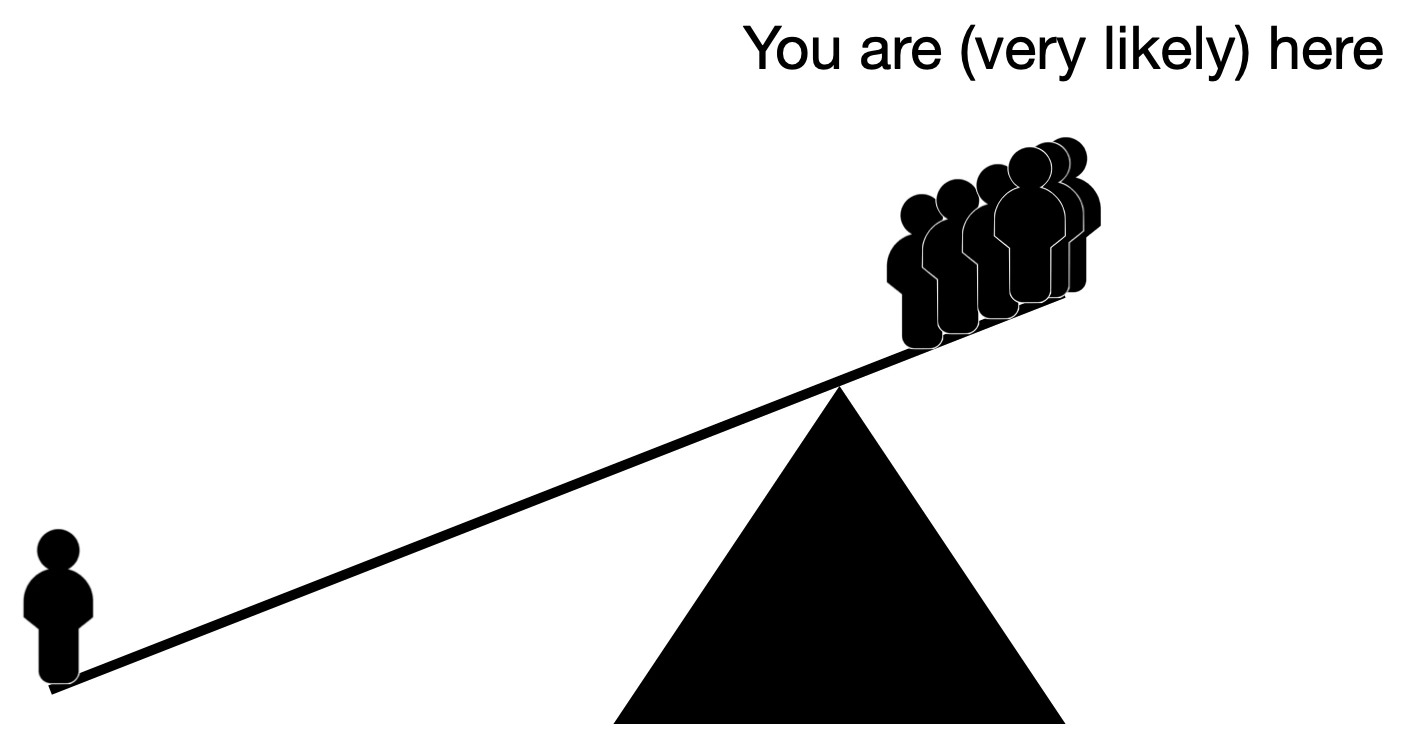Citizens assemble!
Citizen assemblies can be the source of real climate action. That's why politicians often fear them.

I’m still finding my feet with a weekly substack/newsletter. A few years ago I entertained the idea that I could pivot more towards writing. The brutal realities of freelancing quickly squashed that idea. But even then, having to continually convince editors that the things I want to write about are the things their readers would want to read was taking more and more effort. It’s also the case that I was spending more time writing about things that I can’t say I was very interested in. Perhaps what I really need is an agent. In the meantime I have this substack. A place where I get to write what I want, and then see if anyone is actually interested in it!
This week is London Climate Week in which the great and the good get together in one of the major nodes capitalism to drink champagne, eat canapés and rue the fact that we do appear to be heading towards disaster. Very few of the speeches will say that, but on the individual tables, within the huddles it’s there. It’s a strange dynamic. A shouted greeting and warm embrace that comes from meeting up with old colleagues and friends. How’s Mary? How’s John? Did you hear about Frank? What about Dubai? Are you going to be at Belém? But give it enough time and the chat pivots to ‘the situation’. Emissions going up, warming shooting past 1.5, Trump, net zero rollbacks, Ukraine, Gaza, Iran. It really is a miserable time.
That said, some rays of hope were found at an event convened by the Global Assembly on Tuesday. It was billed as a way of promoting the use of deliberative democracy methods such as citizen’s assemblies to create climate policy. I’m a huge fan of citizens assemblies as I see them as a comeback to the joke of: democracy is a great idea, we should try it sometime. The examples we often use are the Ireland citizen assemblies that have been convened in order to help policy makers decide what to do about wicked problem associated with religion, reproductive rights, marriage, biodiversity and the climate. Assembly participants were recruited by a process of selection that while random gave a good representation of the nation. These people then listen to a range of expert witnesses about the issues and then work amongst themselves to come up with answers.
There have been a number of citizen assemblies that have been focussed on climate change. Some of these have been national, for example the UK and French climate assemblies. It’s fascinating to see how consensus can be found even from very different starting points, and just how radical the proposals are. Of course the problem is that governments politely receive the recommendations and then do nothing to implement them.
I used to think that if climate policies came from the people, then politicians would support them because there is good evidence these policies will be popular. But that’s not how it works. In fact in some respects the art of politics is doing profoundly unpopular things in ways that allows you to remain in power. These things are unpopular because they privilege the interests of the tiny fraction of society that has most of the wealth and capital. Look at Trump’s big beautiful bill in the US. The markets seem to be responding to the realisation that this could blow up the national debt, but the real story here is that it represents a massive transfer of wealth from the poorest to the very richest of US society.
This sort of politics is about the art of prioritising the interests of the richest against the rest of the electorate. Archimedes once quipped that if you gave him a big enough lever he could move the Earth. Our economic and political systems have evolved into massive amplifiers of the interests of a tiny fraction of society around which policies pivot.

Figure: why we can’t have nice things
Citizen assemblies could be one way of rebalancing this. Simply put, there are far more of us than them. The very act of joining together on particular issues can tip the balance. Beyond the wisdom that emerges from groups, we are able to exercise more power through sheer mass. Human-caused climate change can sometimes be described as a collective action problem in which we fail to do things like rapidly phase out fossil fuels because we cannot cooperate. But it is our collective action that could be the source of our salvation. The vast majority of the global population would benefit from fair climate policies and there is strong and consistent support for them.
Perhaps most importantly, assemblies allows us to dare to dream that what we do could actually make a difference. That we can go beyond timid incrementalism. That our societies don’t have to be shackled to the interests of an assortment of grifters and sociopaths who have amassed grotesque amounts of money and seem intent on dragging us all towards disaster.
Politicians should act in the interests of the many not just the few. If they cannot, they should be replaced. If our political systems similarly fail, then they need to go as well. History shows us that this is possible. We can act together for positive change.
Citizens assemble!